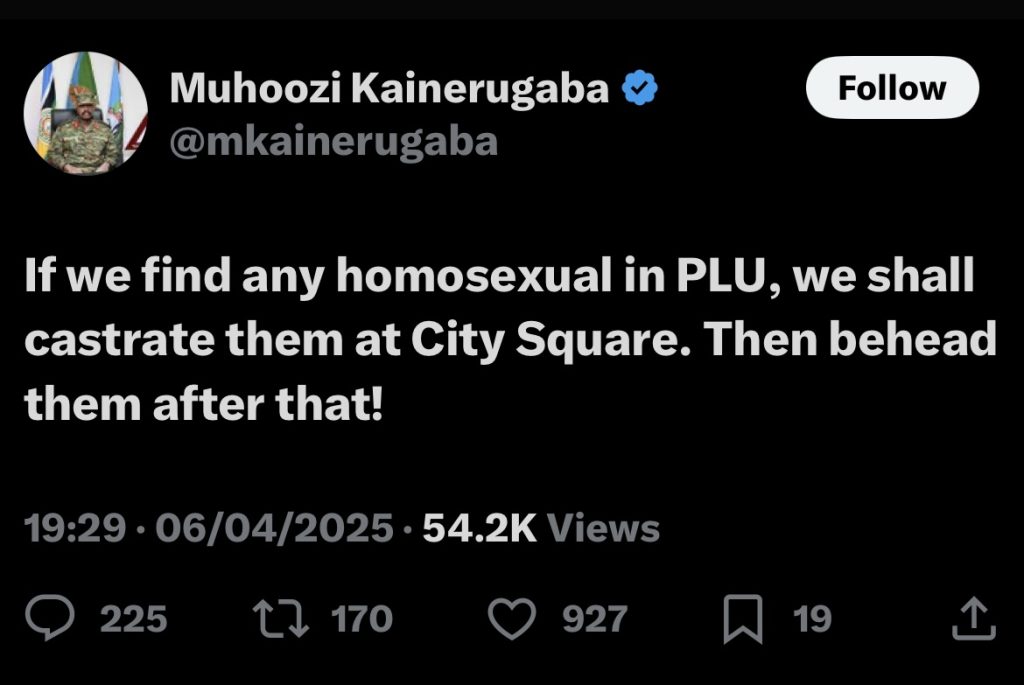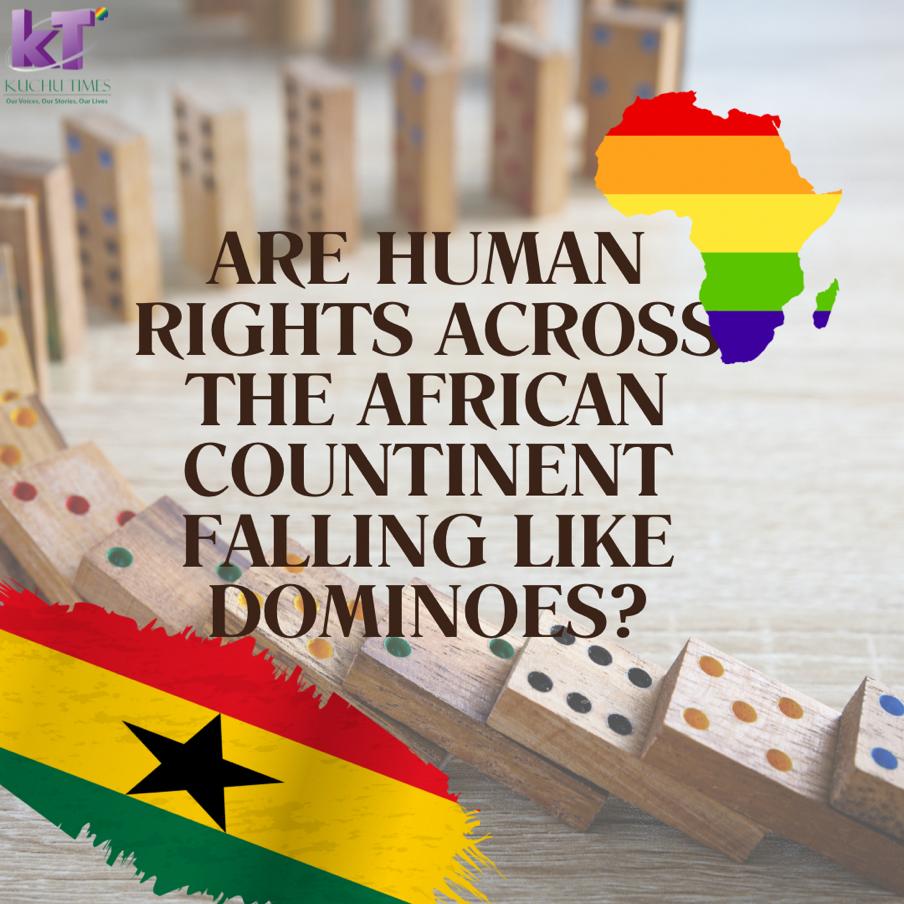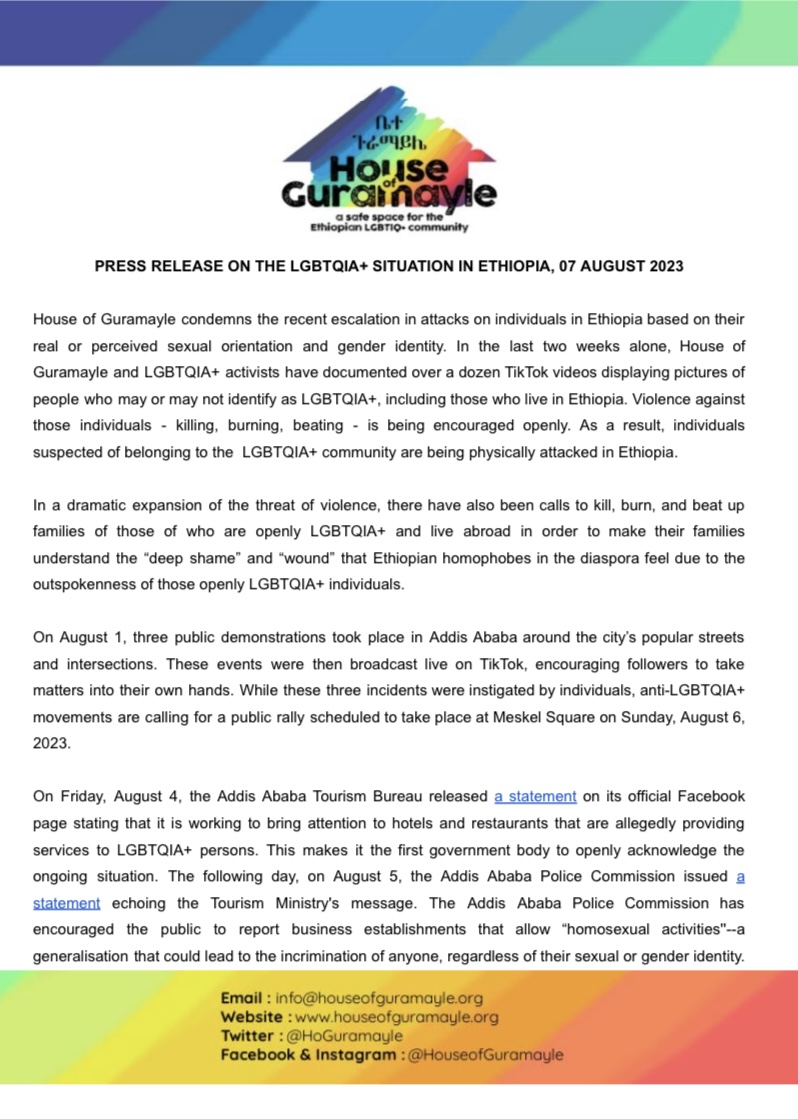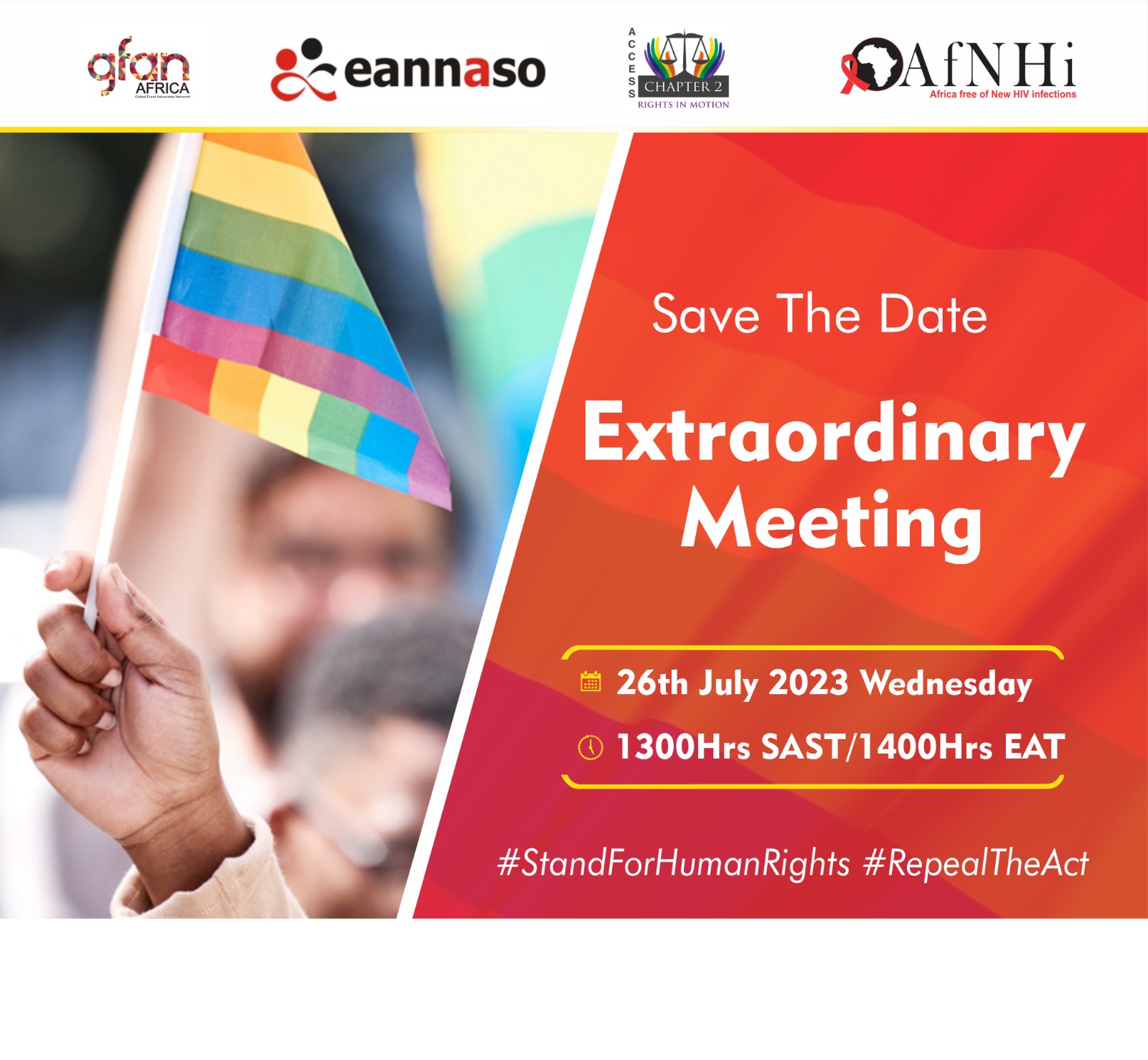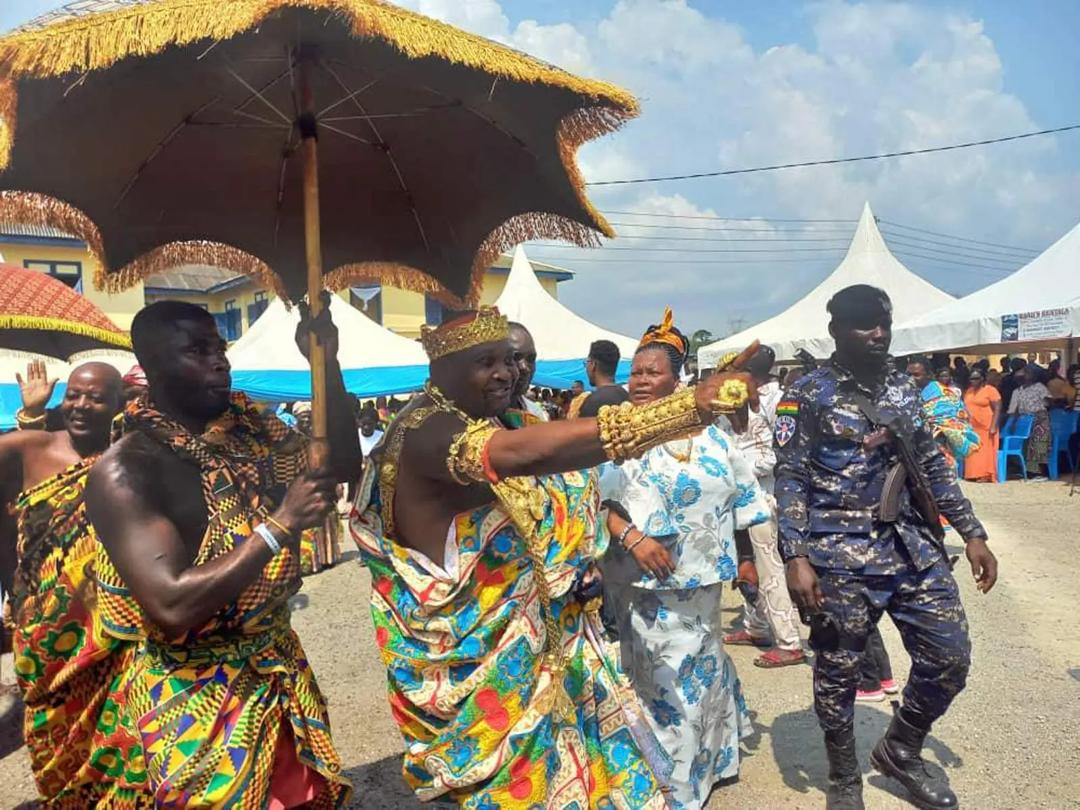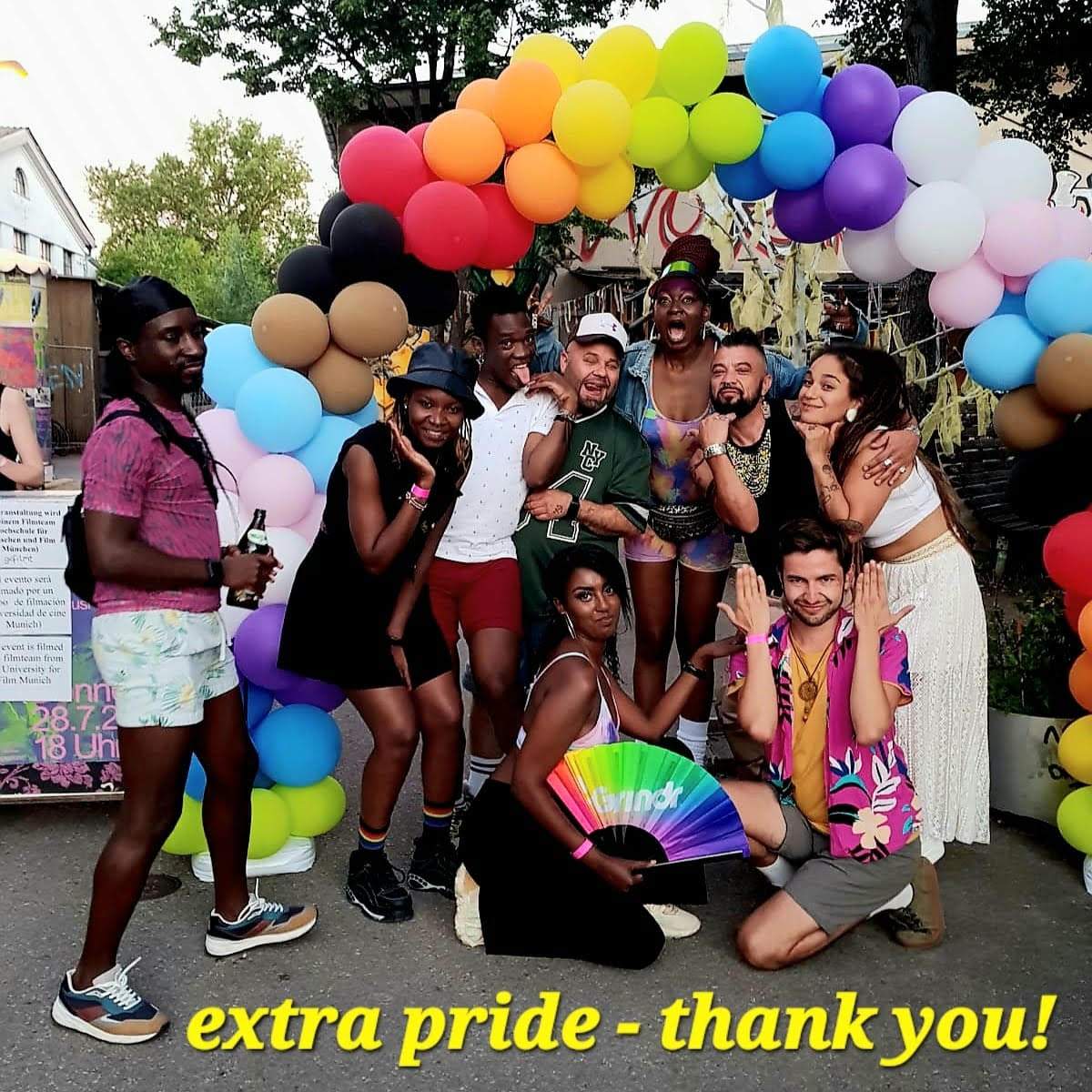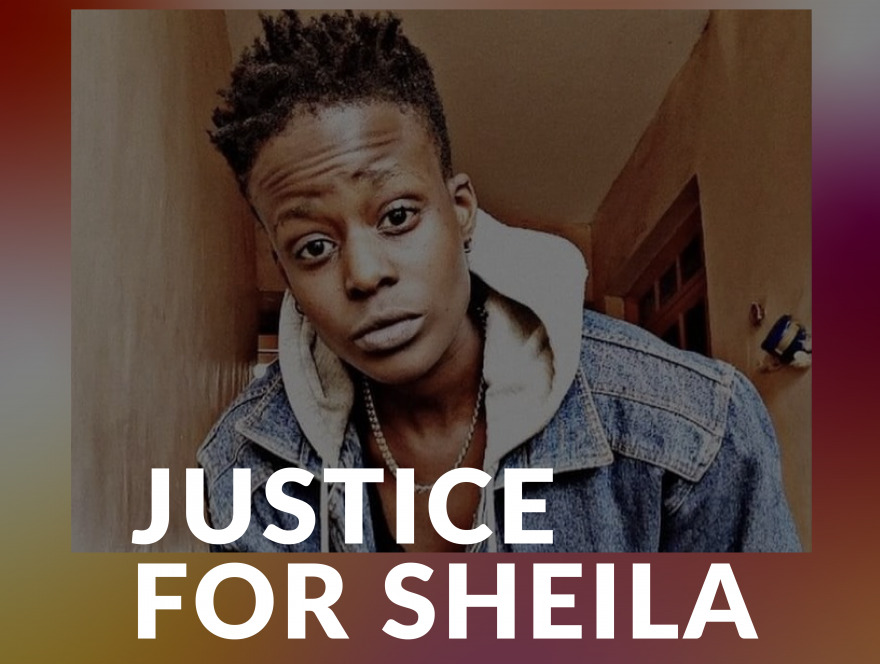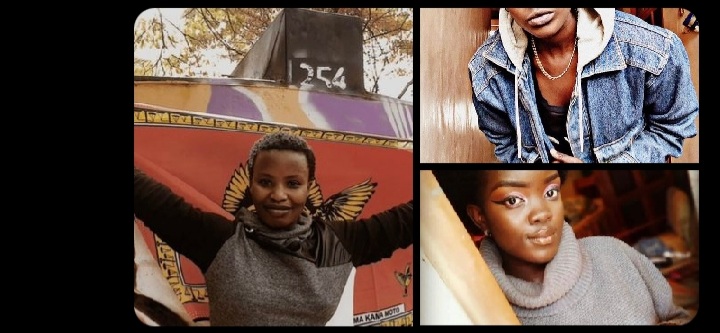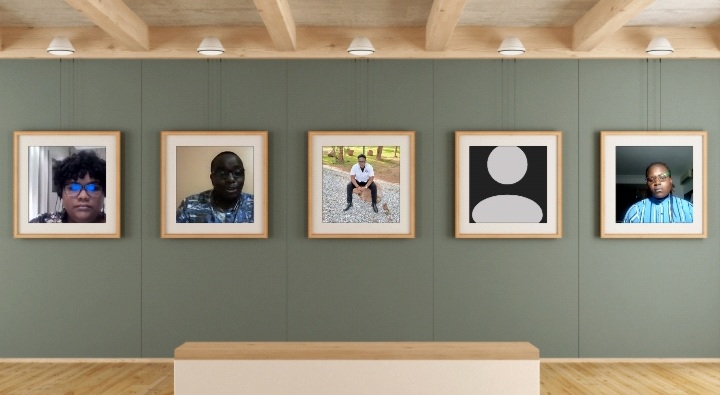The passing of Pope Francis marks the end of a papacy that, despite its challenges and critics, carved an unforgettable legacy—particularly for LGBTI persons around the world. His approach to faith was deeply rooted in compassion, justice, and an unwavering commitment to the dignity of all people, regardless of gender or sexual identity. Pope Francis […]
International
At the heart of the comic is Davii, a queer protagonist navigating friendship, love, and identity in a society that questions their existence. Alongside Davii is Oti, a friend who mirrors the wider heterosexual community, offering opportunities for dialogue and learning. Kevoo brings the emotional depth of what it means to survive and reflect as an LGBTQ+ person, while Bonnie, the antagonist, represents societal forces that perpetuate queerphobia.
The comic also introduces us to Aisha and Amina, a couple that radiates love and the hope of community acceptance. Mwangi, a non-binary character, takes us on a journey of self-acceptance, while Nya, a queer woman, sheds light on workplace discrimination and economic empowerment, showcasing the importance of resilience and thriving in the face of adversity.
Uganda, still grappling with the effects of the Anti Homosexuality Act, 2023 that was passed over 250 days ago. We have witnessed first hand what anti rights legislation can do to marginalized communities from physical attacks to homelessness to unemployment and so on.
The passing of a similar law in Ghana could serve as a catalyst for regressive forces within the rest of Africa, igniting debates on the criminalisation of consensual adult same-sex relationships in other countries.
While similar increases in attacks against LGBTQIA+ communities are being reported by human rights organisations in other parts of the African continent, the escalation in Ethiopia is especially concerning due to the country’s religious history, current worsening socio-political climate, and growing nationalism.
The Ugandan Anti-Homosexuality Act 2023 undermines the comprehensive HIV response that has been successful in Uganda up to this point. The Act creates fear and stigmatization, making it difficult for marginalized communities, including LGBTQ+ individuals, to seek HIV testing, treatment, and care. By pushing these populations into the shadows, the Act significantly impedes efforts to achieve the 2030 HIV targets.
Speaking to Ugandan LGBTQ+ activist Kasha Jacquilne Nabageresa, this is what she had to say about Davis, “I have worked with Davis for so many years and one thing about him is that he is so development oriented. He doesn’t only concentrate on his activism but all round social activism. I have followed his journey to become a chief for years now. I actually envy that community because I wish it was happening in my own backyard.
Extra Pride was born out of the lack of diversity for different LGBTIQA+ identifying persons. For example the general Pride did not give platform to Black People, Indigenous People, People of Color and Transgender & Nonbinary People to either be part of organizing or perform and those that were asked to perform were severely underpaid in comparison to their white counterparts.
The victims were brutally stabbed to death or sexually abused through corrective gang rape or strangled and/or violently assaulted before being killed.
Uganda doesn’t really investigate LGBTQ murders as well, we have questions.
We need to fix the language within the medical fraternity. They need to look at intersex as human beings and stop pathologizing us.



